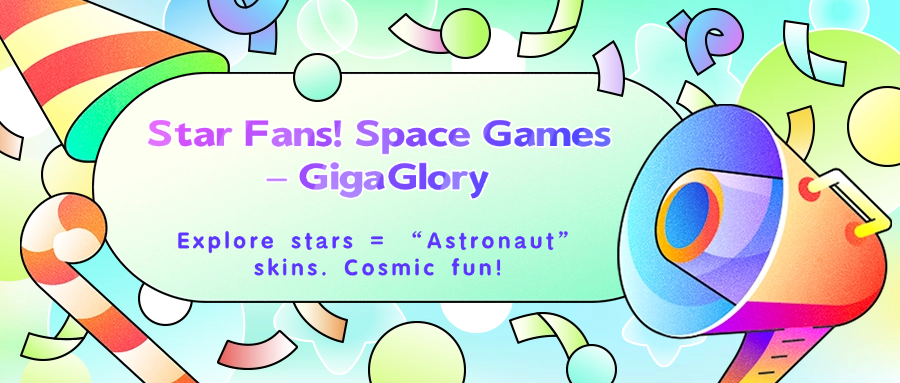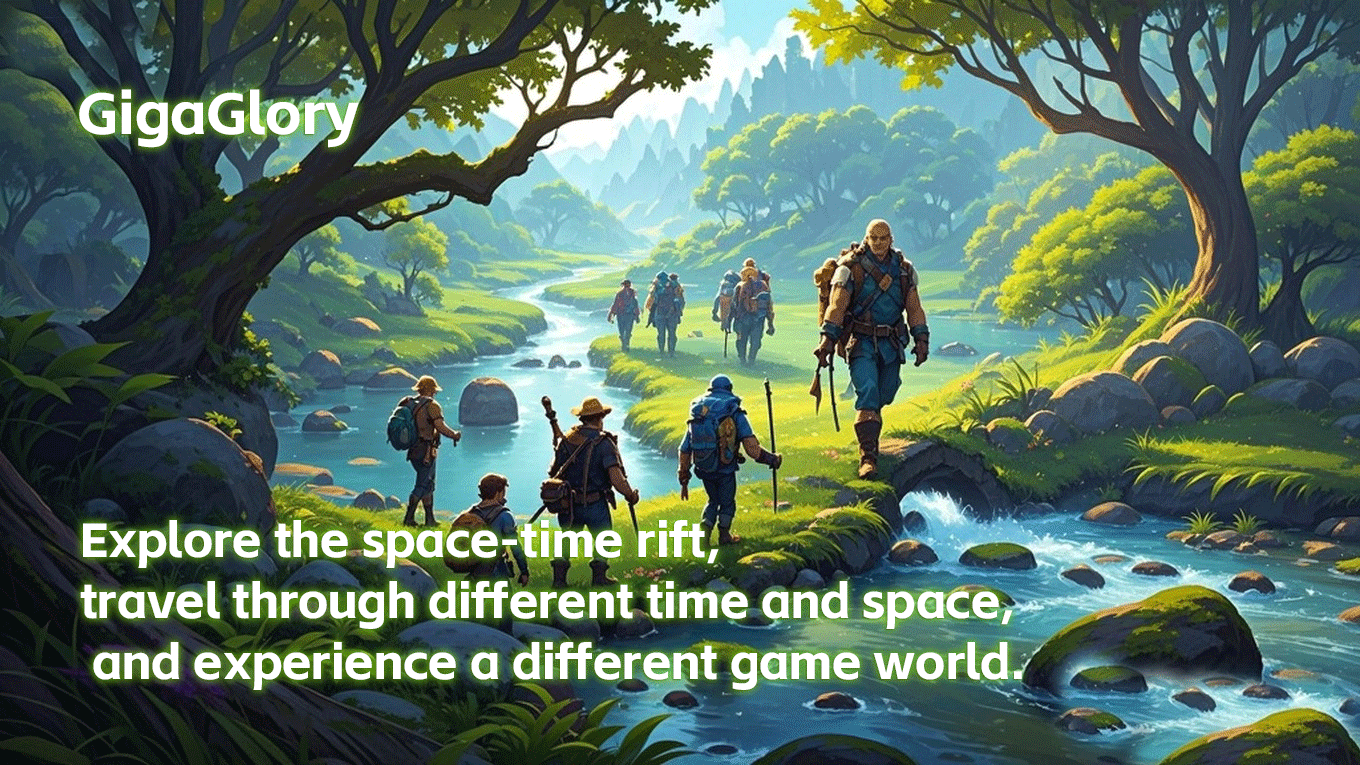From Immersive Journeys to Quick Fun: Exploring the Trend of Open World and Hyper Casual Games
The gaming landscape is ever-evolving, where open world games and hyper casual games have carved their niches. These genres appeal to diverse audiences and offer unique gaming experiences that cater to different preferences. In this article, we will dive deep into these genres, exploring their characteristics, popularity, and their impact on the gaming community.
What are Open World Games?
Open world games allow players to explore expansive virtual worlds, offering a sense of freedom rarely seen in traditional linear games. Players can pursue quests in any order, allowing for unique gameplay experiences. Popular examples include titles such as "The Legend of Zelda: Breath of the Wild" and "Grand Theft Auto V."
Key Characteristics of Open World Games
- Exploration: Players navigate vast environments, uncovering hidden secrets and collectibles.
- Non-linear Gameplay: Players can choose how to progress, completing missions in any order.
- Immersive Storytelling: Rich narratives that allow players to connect with characters and plotlines.
- Dynamic Ecosystems: Worlds that feel alive, with wildlife and NPCs behaving responsively.
Popular Open World Game Titles
| Game Title | Platform | Release Year |
|---|---|---|
| The Witcher 3: Wild Hunt | PS4, Xbox One, PC, Switch | 2015 |
| Red Dead Redemption 2 | PS4, Xbox One, PC | 2018 |
| Assassin’s Creed Valhalla | PS4, PS5, Xbox One, Xbox Series X/S, PC | 2020 |
The Rise of Hyper Casual Games
In stark contrast to the immersive nature of open world games, hyper casual games provide quick, straightforward gameplay experiences. Designed to be instantly accessible, these games often require little more than a tap or swipe, making them incredibly appealing for gamers on the go.
Characteristics of Hyper Casual Games
- Simplistic Design: Easy-to-understand mechanics that require minimal instructions.
- Quick Play Sessions: Ideal for users looking for short bursts of entertainment.
- High Accessibility: Typically free-to-play with optional in-app purchases.
- Minimal Commitment: Players can jump in and out without the need for long-term investment.
Examples of Popular Hyper Casual Games
| Game Title | Platform | Developer |
|---|---|---|
| Helix Jump | Mobile | Voodoo |
| Stack | Mobile | Ketchapp |
| Color Road | Mobile | Good Job Games |
Bridging the Gap: How These Genres Coexist
While open world and hyper casual games might seem worlds apart, they both contribute to a diverse gaming culture. The evolution of technology has allowed for scenarios where developers can blend elements from both genres, leading to new gaming experiences.
The Impact on Game Development
Game developers are now tasked with understanding their audience more than ever. The popularity of both genres highlights the need for creativity and willingness to experiment.
Trends in Open World Games
- Integration of Multiplayer Features: Games like "Fortnite" showcase the potential for collaborative open world experiences.
- Realistic Graphics: Advances in technology enable stunning visuals that enhance immersion.
- Player Choices Matter: Increasingly, open world titles incorporate choices that affect the narrative.
Trends in Hyper Casual Games
- Social Integration: Competitive aspects, such as leaderboards and social sharing, boost engagement.
- Cross-Platform Play: Allowing players to access games on various devices.
- Ad Monetization: A vital revenue stream that keeps games free for users.
The Role of User Engagement
Both genres need to prioritize user engagement. Open world games achieve this through deep, immersive stories, while hyper casual games keep players coming back with quick rewards and engaging mechanics.
Understanding Different Audiences
Open world gamers often seek a rich narrative experience, while hyper casual gamers look for quick distractions. Understanding these different player motivations aids in crafting compelling gaming experiences.
Challenges in Balancing Both Worlds
For developers, the challenge lies in understanding how to integrate features from both genres without diluting their core essence. An open world game with overly simplistic mechanics might lose its storytelling strength, whereas a hyper casual game with a complex narrative could become uninviting.
The Future of Gaming: What Lies Ahead?
As technology continues to advance, we can expect even more genre-blending games to emerge. Developers are leaning towards VR and augmented reality features, enhancing immersion in both open world and casual formats.
Conclusion
The landscape of gaming is rich and diverse, constantly shifting between the depths of open world experiences and the light-hearted allure of hyper casual games. While both genres appeal to different segments of players, their coexistence exemplifies the flexibility and creativity that define the gaming world today. Moving forward, the challenge and opportunity for developers lies in merging these experiences, ensuring there's always something for everyone.



